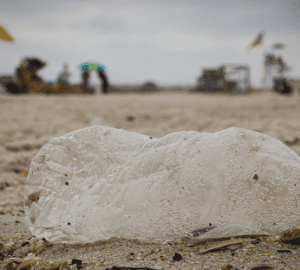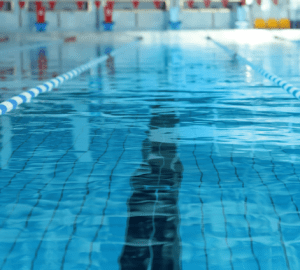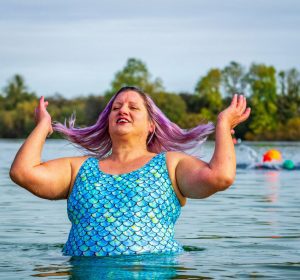World Water Day: Rivers Trust report reveals overwhelming public support for bathing water status
A report released today by The Rivers Trust to mark World Water Day shows that more than 50% of people are unaware that untreated sewage is regularly discharged into England’s rivers.
The report is based on a survey of more than 1,200 people which asked respondents about their perceptions of river health and sewage pollution, as well as how they use rivers for recreation.
While more than half of respondents either agreed or were unsure when asked if they thought that raw sewage discharges are strictly regulated, 89% agreed that untreated sewage discharges should not be permitted into rivers if it could affect water quality in recreational areas.
90% of people also said that they support the introduction of designated bathing water status at popular recreational sites, with 85% saying it would make them feel safer when entering the water.
Mark Lloyd, CEO of The Rivers Trust, said: “Sewage pollution is a wicked problem affecting our rivers, which needs collective action by the whole of society if we are to make our rivers safer and healthier. This report shows there is much to be done to raise awareness of the issue, but also that there is overwhelming public support for urgent action. Introducing designated bathing water status across our watercourses would not only give people the confidence to enjoy using their rivers safely, but would also greatly benefit the environment and wildlife.”
The report forms part of the Trust’s Together for Rivers campaign, which aims to introduce designated bathing water status in UK rivers, a move which would require improved water quality and increased monitoring at, and upstream of, popular sites. It also includes the Trust’s landmark Sewage Map, which shows the locations of monitored discharges of untreated sewage in 2019, and will soon be updated with the 2020 data.
A site on the River Wharfe near Ilkley, West Yorkshire, became the UK’s first inland bathing water site in December 2020 following a campaign led by Ilkley Clean River Group. This was hailed as a victory for river campaigners, but England still lags behind other European countries – Germany and Poland have 32 and 76 designated sites respectively, while France has 420.
Mark Lloyd said: “Whilst the results of our survey show the lack of awareness of sewage pollution, the enthusiasm for more designated bathing water sites will bolster the hopes of various other campaign groups hoping to replicate the achievements of Ilkley Clean River Group, and we hope it will add to the growing body of evidence we have to encourage the government to implement the monitoring, regulation and investment needed to realise that goal. I strongly urge them to do so for the health and wellbeing of people and planet. ”
At present, there is no sure-fire way for river users to find out if their local river is polluted with sewage or not, with over 56% of people surveyed saying they rely on sight or smell to check river cleanliness.
The Rivers Trust report states: “While these methods can help you to make a decision about how polluted a waterway is, they should not be a replacement for accurate, real-time monitoring of sewage outfalls. A river can appear or smell clean, despite the fact that sickness-inducing sewage pollution lurks just beneath the surface.”








